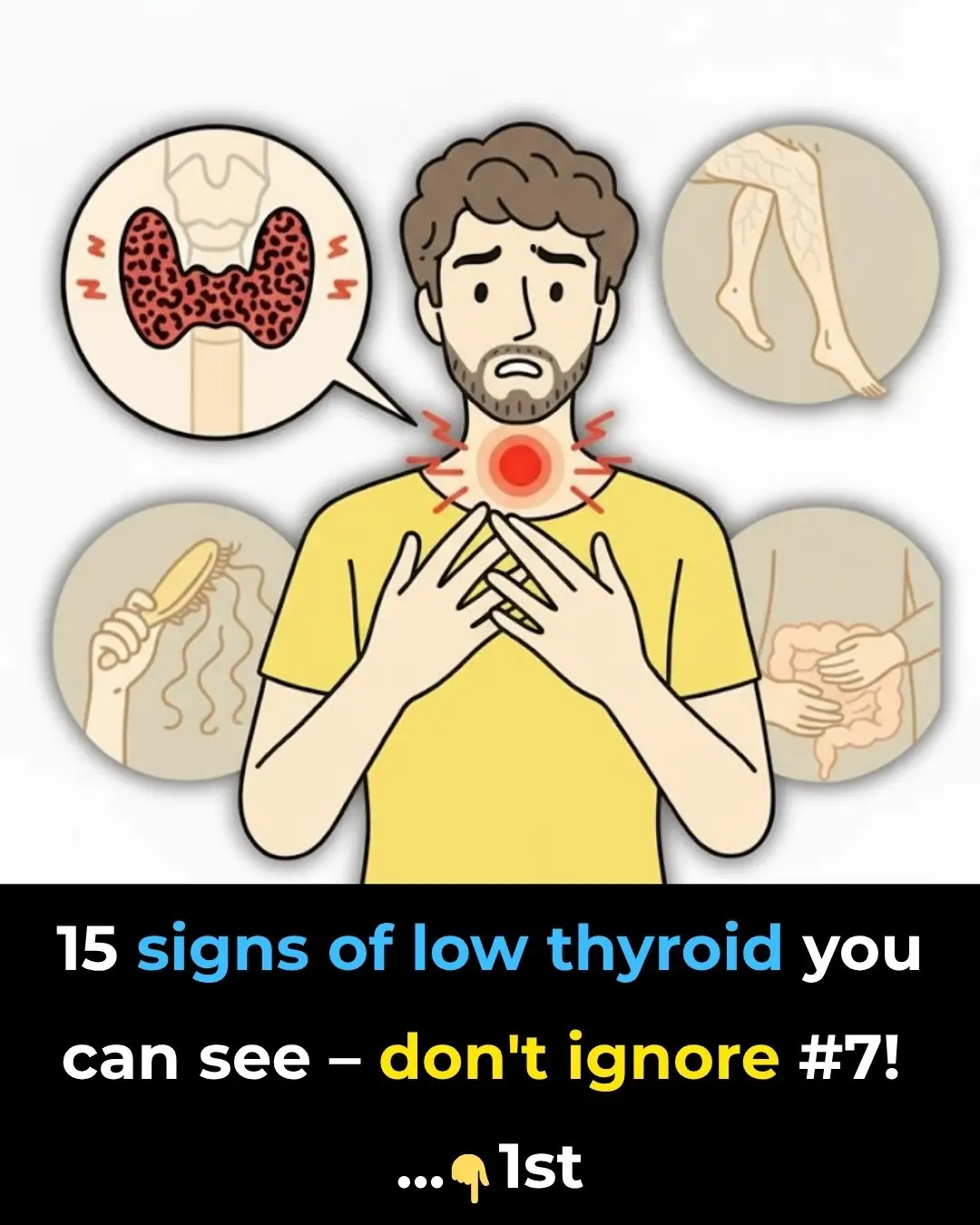
9 Signs You’re Actually Going Through Menopause (Even If You Didn’t Realize It)
Think menopause is far off? Think again. These 9 subtle (and not-so-subtle) signs might mean you’re already in it. Here’s what to watch for—and how to take charge.
Let’s be honest—menopause doesn’t send a calendar invite. One day you’re feeling perfectly fine, and the next, your body starts doing things that make zero sense. The truth is, menopause isn’t a single moment but a gradual transition that often sneaks up with small, easy-to-ignore changes.
So, if your body feels “off” lately, here are nine real signs you might already be in menopause—or the pre-menopause phase called perimenopause—and some practical advice on what to do about them.
1. Hot Flashes Out of Nowhere
Suddenly sweating like you just ran a marathon while sitting at your desk? Yep, classic hot flashes. These sudden waves of heat, often accompanied by flushing and sweating, are among the most common and talked-about menopause symptoms. They occur because fluctuating estrogen levels confuse your brain’s internal thermostat, causing it to send false signals that your body is overheating.
What helps: Dress in breathable, layered clothing so you can adjust easily. Keep a bottle of cold water nearby, and try to avoid spicy foods, caffeine, and alcohol, which can trigger or worsen hot flashes. Mindfulness and relaxation techniques like deep breathing may also reduce their frequency and intensity.
2. Night Sweats That Soak the Sheets
Waking up drenched in sweat isn’t just a bad dream. Hormonal fluctuations during menopause often cause intense night sweats that can seriously disrupt your rest and leave you exhausted.
What helps: Keep your bedroom cool by using a fan or air conditioning. Invest in moisture-wicking, breathable sheets and pajamas. Avoid late-night alcohol and heavy meals. You might also try cooling pillows or mattress pads designed to regulate temperature.
3. Mood Swings That Make No Sense
One moment you’re laughing hysterically; the next, you’re crying at a cat video. Hormonal shifts can make your emotions unpredictable—it’s not “just in your head.” Estrogen influences serotonin, the brain’s “feel-good” neurotransmitter, so when levels dip, mood swings, irritability, and anxiety can follow.
What helps: Regular physical activity, journaling, and eating omega-3-rich foods like salmon, walnuts, or chia seeds can help stabilize your mood naturally. Consider meditation or yoga to manage stress. If mood swings are severe, talk to a healthcare professional about possible treatments.
4. Irregular or Missing Periods
Menopause doesn’t hit pause all at once. Your menstrual cycle may become irregular first—longer or shorter, heavier or lighter, or disappear for months at a time. This is often perimenopause, the stage before full menopause.
What helps: Track your cycles using an app or journal to understand your body’s pattern. If bleeding becomes excessively heavy, prolonged, or accompanied by pain, consult your doctor to rule out other conditions.
5. Trouble Sleeping
Lying awake at 3 AM? You’re not alone. Hormonal imbalances combined with night sweats and increased stress often cause insomnia during menopause. Even lifelong good sleepers can find themselves tossing and turning.
What helps: Maintain a consistent sleep schedule and wind down with calming rituals—like reading or a warm bath. Avoid screens and blue light at least an hour before bedtime. Herbal teas like chamomile, valerian root, or passionflower can promote relaxation. If sleep problems persist, a sleep specialist or doctor can offer further help.
6. Brain Fog Is Totally Real
Ever walk into a room and forget why you went there? Lose your train of thought mid-sentence? “Menopause brain” or cognitive fog is a common complaint. Estrogen affects neurotransmitters that regulate focus and memory, so lower levels can impact mental sharpness.
What helps: Stay hydrated, get adequate sleep, and include B vitamins, magnesium, and antioxidants in your diet. Mental exercises like puzzles, reading, or learning new skills can keep your brain sharp. Don’t hesitate to ask your doctor for advice if memory lapses worsen.
7. Low Libido
If your sex drive has taken a nosedive, it’s not just stress or fatigue. Declining estrogen and testosterone can reduce sexual desire and sometimes cause discomfort during intimacy.
What helps: Open communication with your partner is key. Use lubricants or vaginal moisturizers designed to relieve dryness and improve comfort. Talk with your healthcare provider about hormonal or natural treatment options tailored to you.
8. Vaginal Dryness and Discomfort
Let’s address what many avoid talking about. Reduced estrogen causes vaginal tissues to thin and lose moisture, leading to itching, irritation, and painful sex. It’s common but very treatable.
What helps: Regular use of vaginal moisturizers or natural oils like coconut oil can restore comfort. In some cases, doctors may recommend low-dose estrogen creams or other therapies.
9. Weight Gain Around the Belly
Are you eating well and staying active but still gaining belly fat? You’re not alone. Menopause shifts how your body stores fat, favoring accumulation around the midsection due to lower estrogen and a slowing metabolism.
What helps: Incorporate strength training to build muscle, which boosts metabolism. Focus on protein-rich meals and mindful eating habits. Managing stress and getting enough sleep also help balance hormones and prevent excess weight gain.
So, What Now?
Menopause isn’t a disease—it’s a natural, new phase of life. Recognizing these signs early empowers you to take control and feel like yourself again.
Try this:
-
Eat a hormone-friendly diet rich in leafy greens, flaxseeds, nuts, and healthy fats.
-
Move daily—strength training and aerobic exercise are your best friends.
-
Prioritize rest, stress management, and self-care routines that nurture your mind and body.
-
Speak openly with your doctor about hormone therapy or natural supplements to ease symptoms.
Final Thoughts
If these signs sound familiar, you’re not imagining it—you might actually be going through menopause. And that’s perfectly okay. It’s not the end of youth but the start of a wiser, stronger, more in-tune version of yourself.
Because when you understand your body, you can work with it—not against it.
News in the same category


The 30-second ear shake trick: try it and see shocking results

8 Foods To Avoid With Enlarged Prostate

For those who sleep without socks, you should see this...

Drink This Homemade Syrup To Help Loosen Up Chest Phlegm and Expel It Out of Your Body

The Real Reason To Drink Lemon Water Revealed

Doctor Reveals One Personal Item You Shouldn’t Risk Sharing

Vitamin B12 Deficiency Can Wreck Your Health Here’s How to Spot It EARLY

SEVEN TYPES OF PAIN DOCTORS SAY ARE MAJOR RED FLAGS FOR YOUR HEALTH
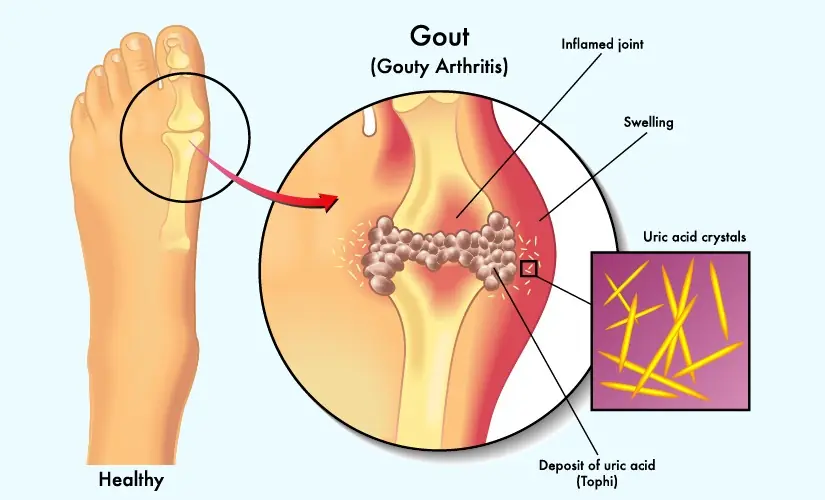
THE NATURAL SECRET DOCTORS NEVER TELL YOU THAT MELTS AWAY URIC ACID

Your Body Will Change In Unexpected Ways When You Eat 2 Eggs Daily
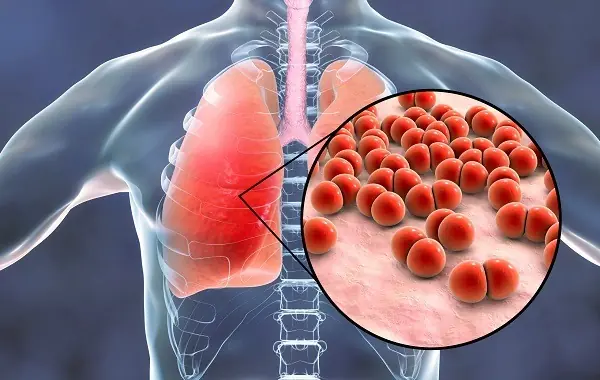
Lung Disease Starts Silently – Spot These Early Signs Before It’s Too Late
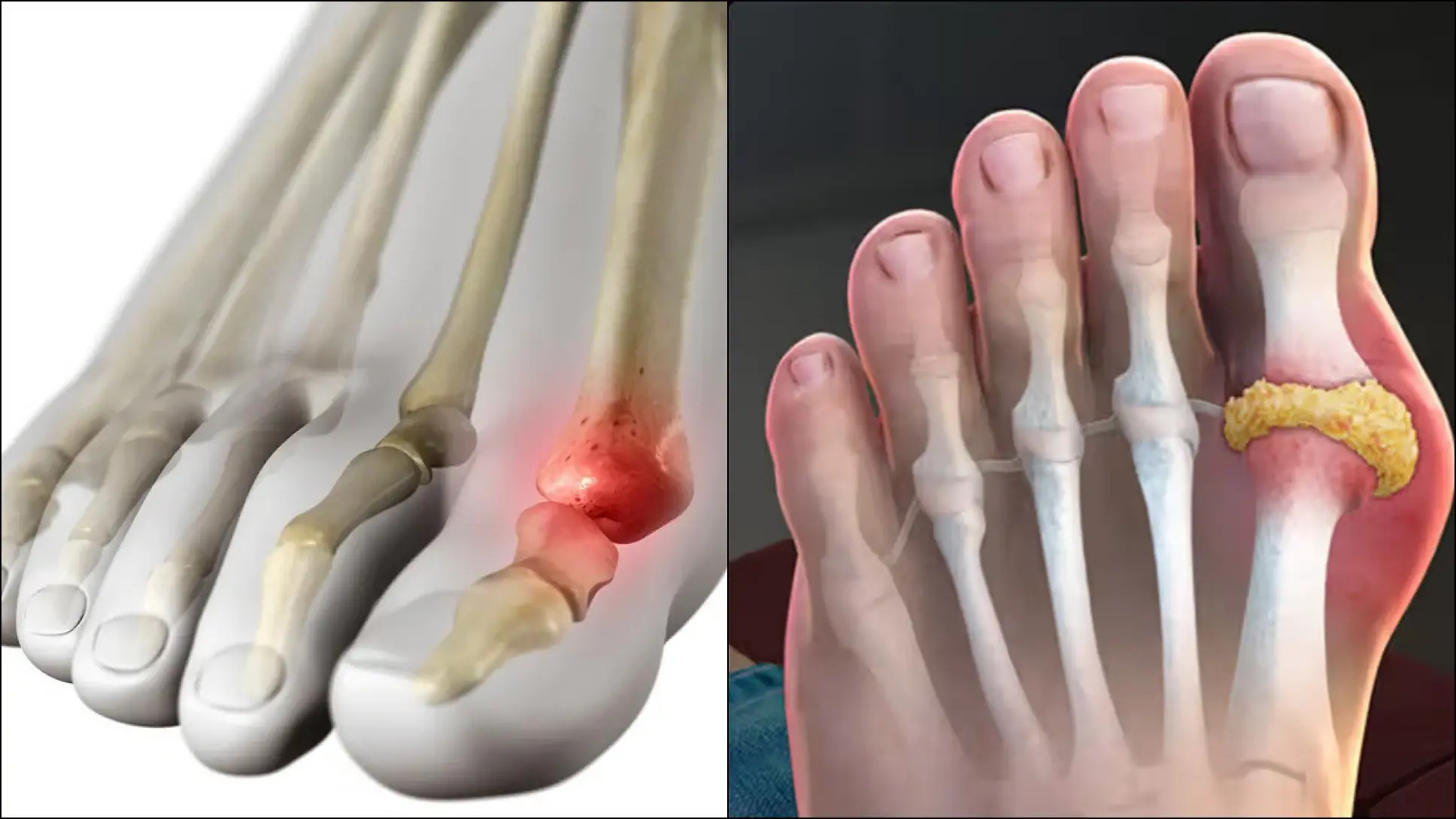
HOW TO QUICKLY REMOVE URIC ACID CRYSTALLIZATION FROM YOUR BODY TO PREVENT GOUT AND JOINT PAIN
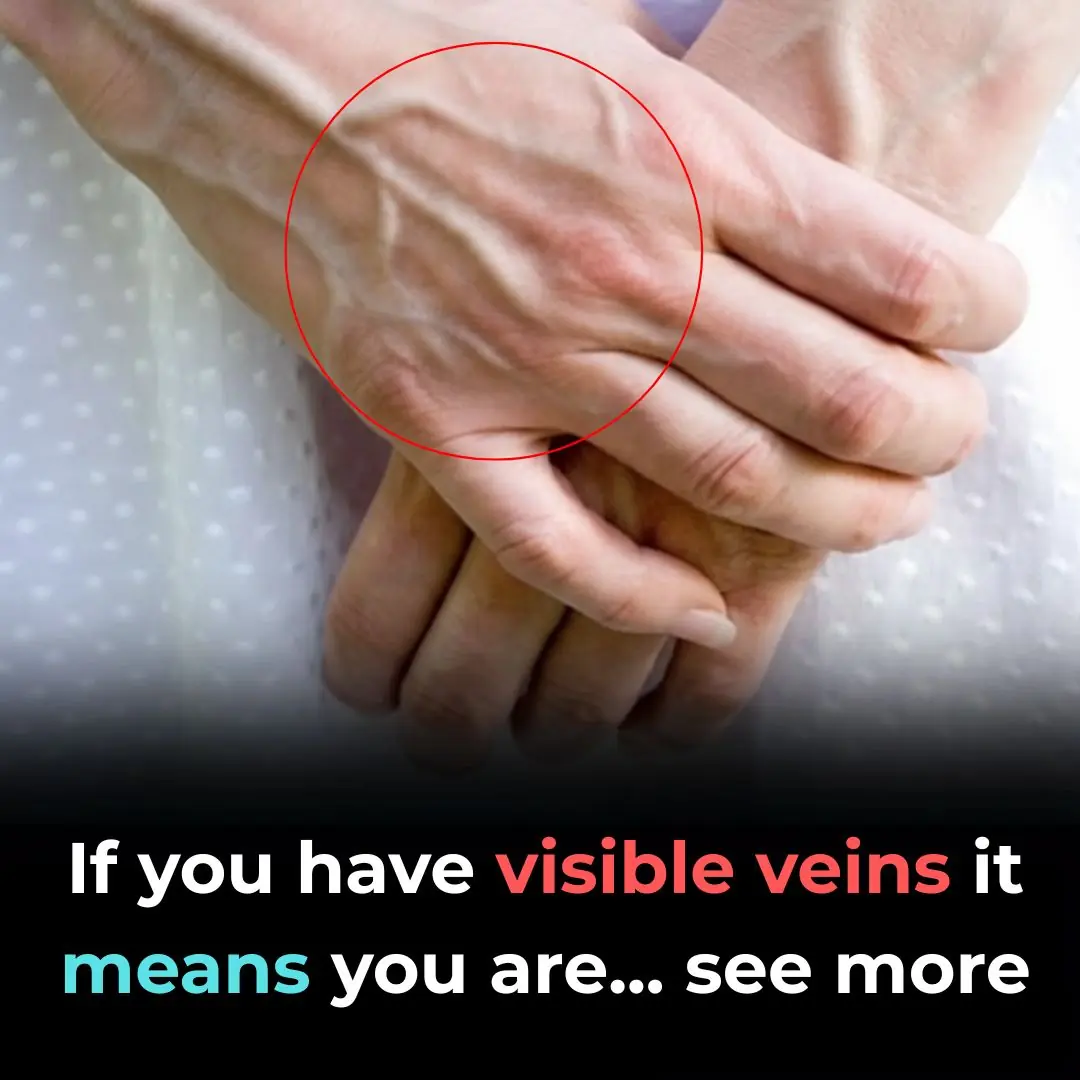
When to Worry About Veins That Appear Out of Nowhere
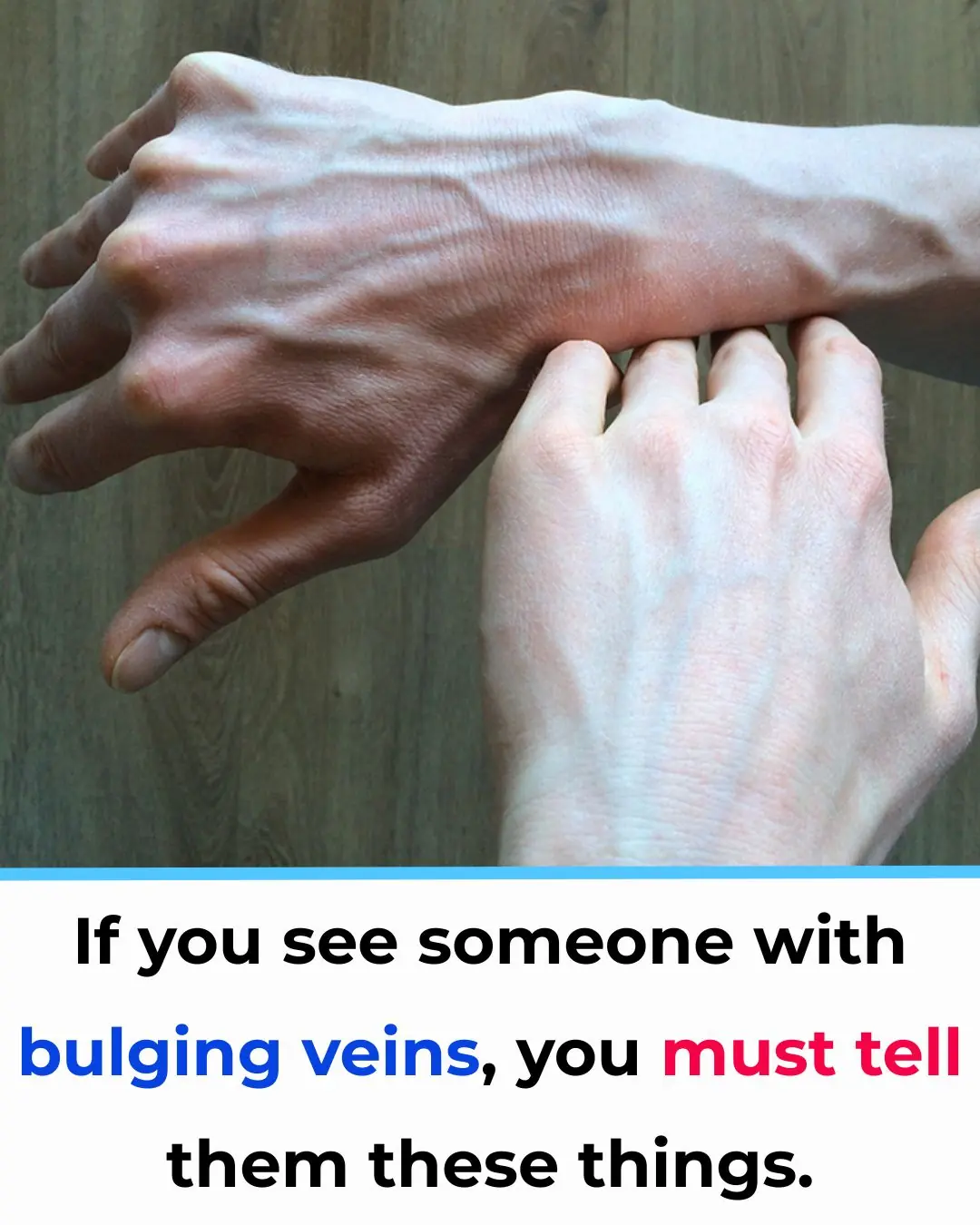
If You See Someone With Prominent Blue Veins, You Definitely Need to Tell Them This—It Could Save Their Life
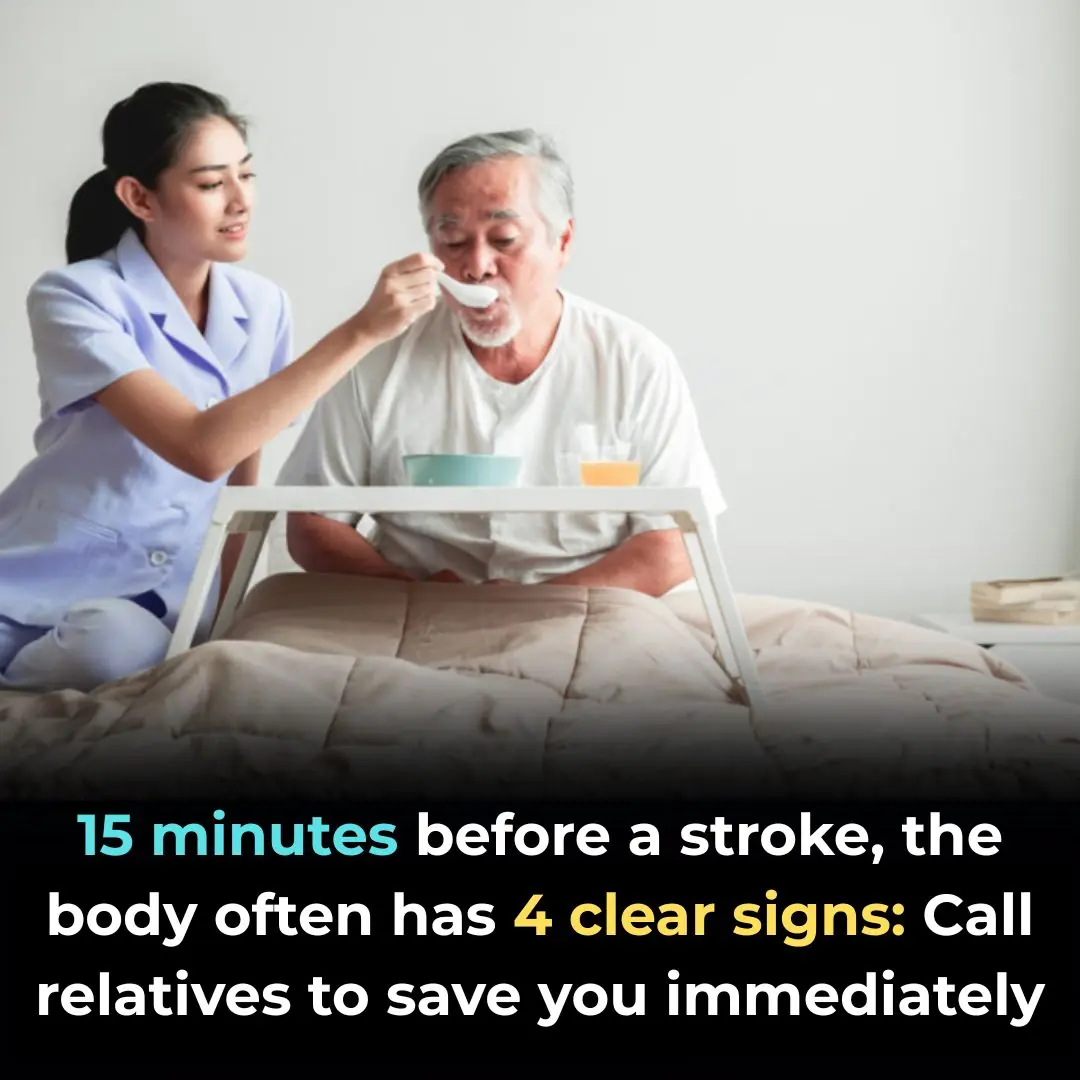
4 Clear Signs That Appear 15 Minutes Before a Stroke: Call for Immediate Help

Alarming Study Links Eating Ramen Often to Early Death

3 Ways to Stop Acid Reflux Naturally
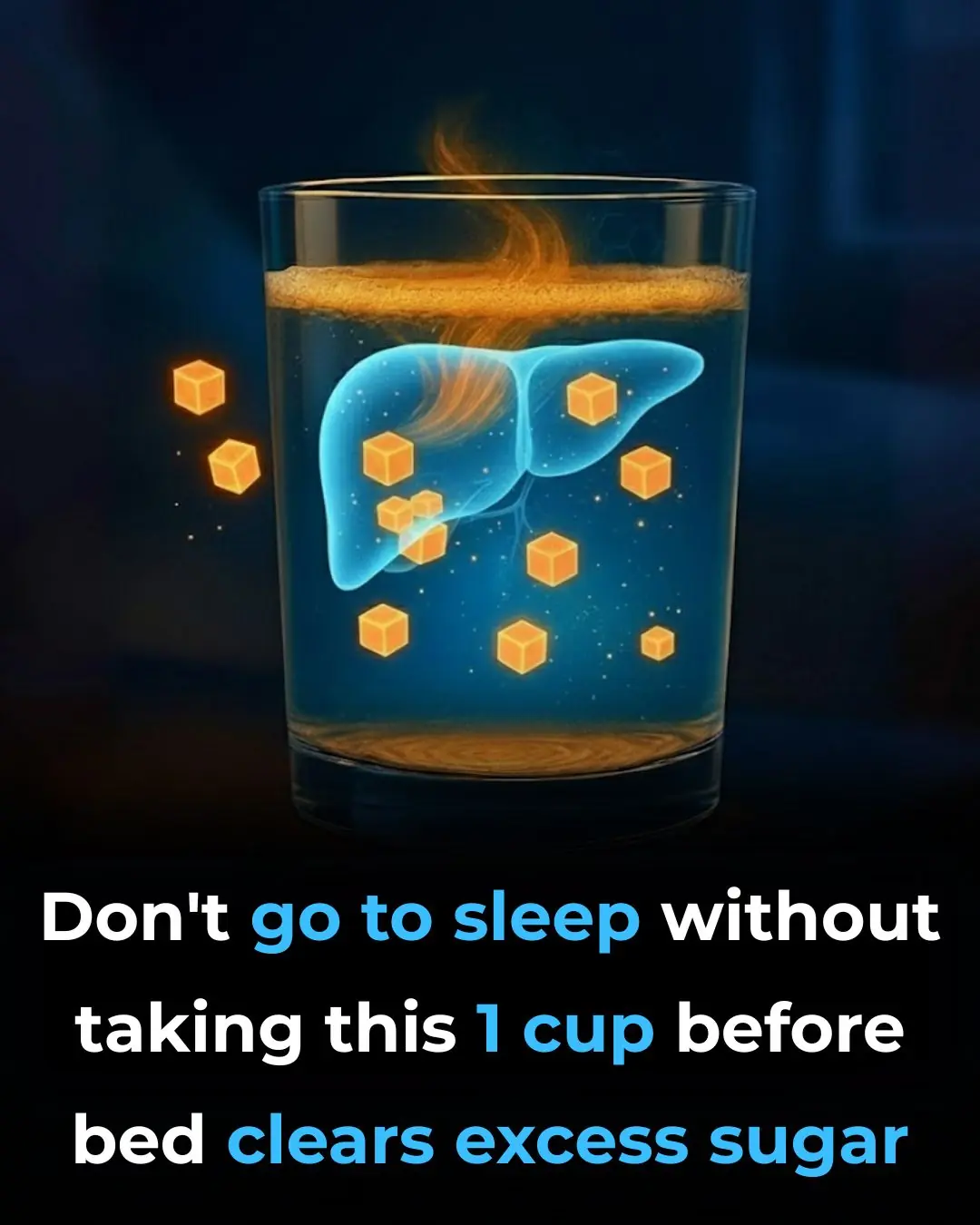
Don’t go to sleep without taking this — 1 cup before bed clears excess sugar
News Post

Growing Wildflowers: A Mother’s Journey Through the Chaos

The Baby in Princess Diana’s Arms

A Lifetime in Bloom: Lois Shows Us What Passion Truly Grows

Farewell to a Giant Soul: Vatsala the Elephant Passes at 100

Keeping the Monsters Away: The Quiet Heroism of Foster Parents

From Sidewalk to Forever: A Daughter’s Choice That Changed Everything

A Thirst for Life: Cyclists Halt Ride to Save Parched Koala in Australia’s Heatwave

An Actor’s Greatest Role: Morgan Freeman Becomes a Guardian of Strays

When a Celebration Became a Goodbye: A Daughter’s Farewell to Her Faithful Companion

Bella the Hero: How a Pit Bull’s Loyalty Saved a Life

No Matter How Dirty You Are, Absolutely AVOID These 7 “Dangerous Hours” When Washing Your Hair to Prevent Stroke, Sudden Illness, or Hospitalization Without Warning

3 Common Mistakes When Using Plastic Wrap That Can Cause Cancer and Are Often Made by Many People

A Kiss from Joy: The Language of Love Between Elephants and Humans

What Do Vertical Nail Ridges Mean After 40

A Brave Fight for Life: Kuba’s Battle Against Ewing’s Sarcoma

Avocado Seeds Benefits: 7 Reasons to use them
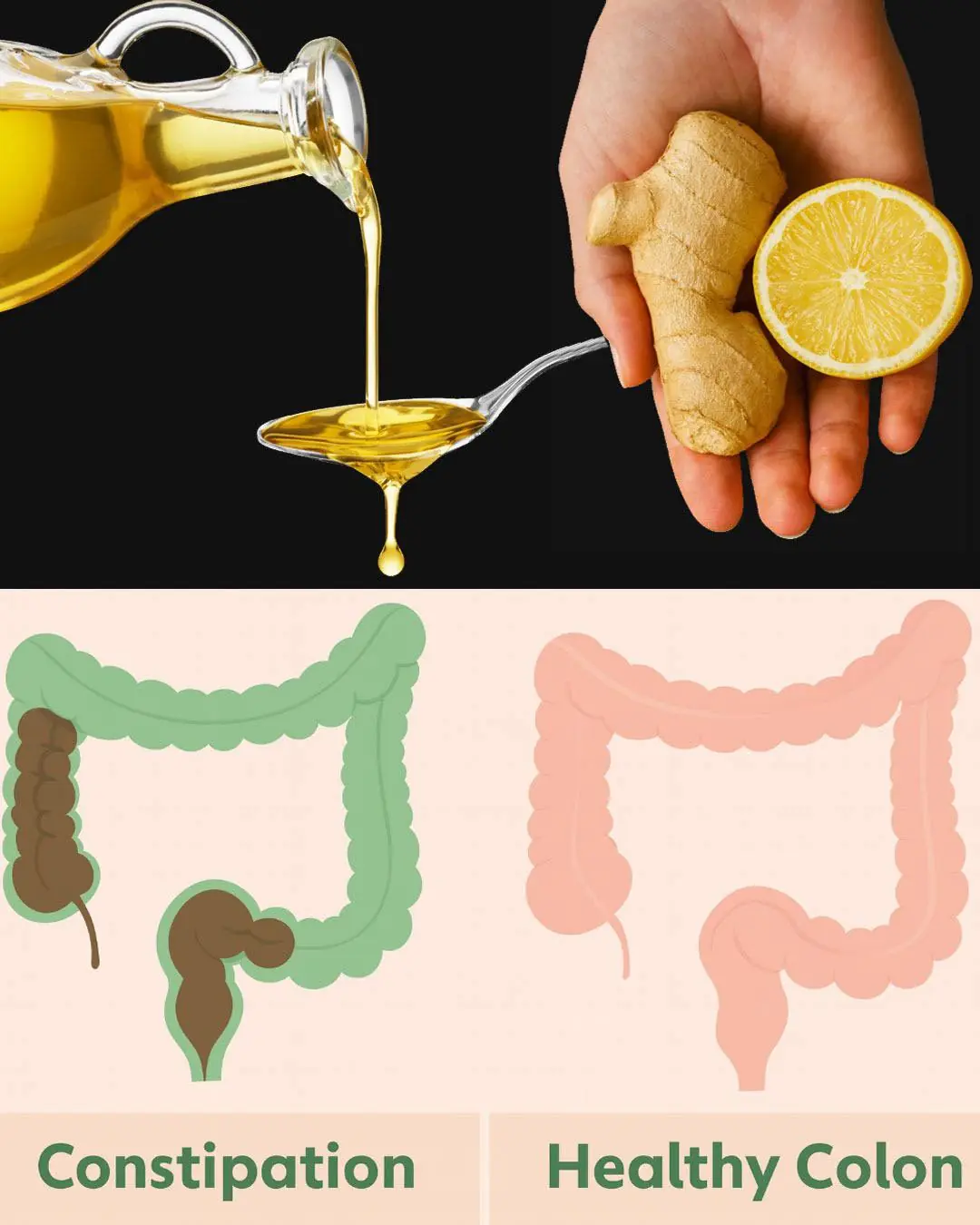
Morning Detox Elixir: Olive Oil, Lemon & Ginger – The Natural Cleanse You Need Daily

Nine Children in Dawsonville Get the Gift of a Bed, Comfort, and Peaceful Sleep
